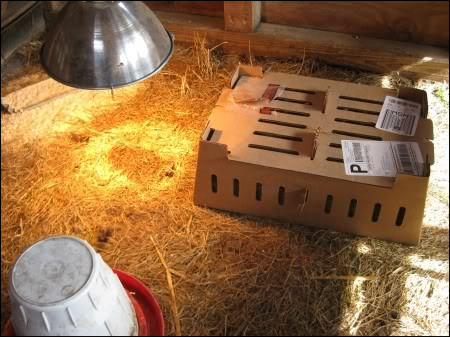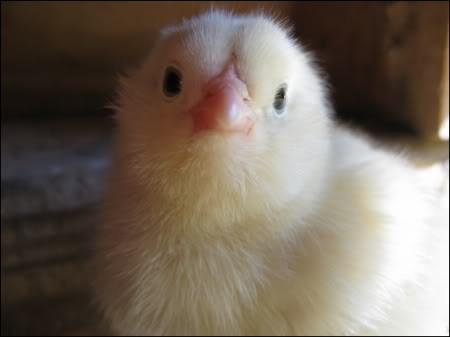You think it would be really fun to have sex with me. Because, I think you can tell from my posts, I’ll do anything. But maybe you can also tell from my posts that it’s a little bit weird. Because you know that I’ll say anything, too, but sometimes, I make you cringe.
I think I’m that way in bed, too.
This post is about work. And sex, which are two of the essential areas of life one needs to be able to function in before you can feel like a normal adult. And both sex and work are governed by a set of rules that many people are able to learn just by being in the world.
Asperger Syndrome compromises one’s ability to read nonverbal social cues. A simple example of this deficit is answering the question, “How are you?” It is loaded with so many nonverbal issues that I simply freeze. Even if you tell me, “Just say fine,” sometimes the situation looks special to me, and I can’t figure out why it’s special, so I can’t talk.
So I’ve spent my life teaching myself the rules for what to do in each social situation. I study people, make notes for myself, and then test the notes to see what other situations my notes apply to. To get a sense of how awkward this looks, here’s a video that is supposed to be a parody of people with Asperger’s interacting with each other. But my family has such a high proportion of people with Asperger’s that this video, honestly, is not far from what our life is like.
In my experience, the places with the most rules are work and sex. So, you can teach yourself the process of becoming better at work by applying the process of learning the rules about dating and sex. And vice versa. I, for example, am great at work rules and terrible at sex rules. So I teach myself using the reverse mechanism. Read more




